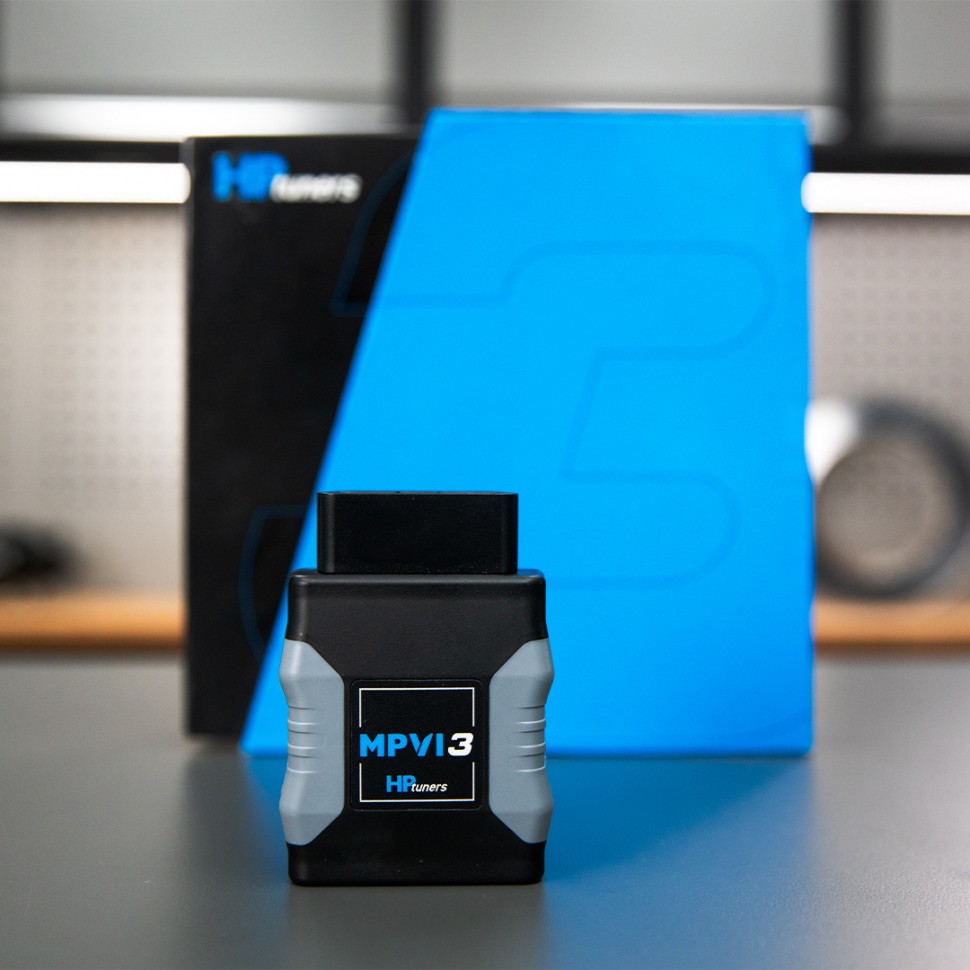| 00:00 |
- The next step of our tuning process is to gain some understanding of what modifications have been performed to the vehicle as this is obviously going to impact on our tuning process and specifically inside of the Ford ECU, is gonna have a big impact on what tables we're going to need to access, calibrate and optimise.
|
| 00:20 |
As we've already mentioned in the introduction, this particular vehicle is fitted with the Roush supercharger kit.
|
| 00:27 |
Now this is a complete kit and involves the supercharger, an upgraded set of injectors, a fuel pump, also this particular engine is fitted with a full exhaust sytem.
|
| 00:38 |
The Roush supercharger kit does come with its own calibration which has obvioulsy already been flashed into the ECU and this is the way the car has been running at the moment.
|
| 00:50 |
So on face value, this would suggest that there's little required from us in terms of tuning however the vehicle is a US domestic market vehicle.
|
| 00:59 |
It's been imported into New Zealand and it is running on a lower grade of fuel so the owner of the vehicle has noticed that is is not running particularly smoothly.
|
| 01:10 |
And particularly we have noticed during some base runs on our dyno, that the engine has been suffering from quite bad detonation.
|
| 01:17 |
So there is definitely a little bit of work for us to do here.
|
| 01:21 |
However a lot of the heavy lifting has already been done inside of the base calibration.
|
| 01:27 |
That being said though, we are also going to cover off what modifications have been made to convert a naturally aspirated engine into a supercharged engine.
|
| 01:38 |
So this particular worked example is still going to be totally relevant to those who are starting with a naturally aspirated engine and either adding a supercharger or a turbocharger kit.
|
| 01:49 |
Any time we're tuning or modifying a late model Ford engine, it is important to take particular notice of a few key aspects.
|
| 01:57 |
One of these areas is the fuel system.
|
| 02:00 |
In particular if we are fitting a set of larger injectors, which would be typical with a forced induction engine.
|
| 02:06 |
Now we are gonna be dealing with this in a little bit more detail further into the worked example but essentially at this point I just want to mention that due to the relatively complex way that the Ford ECU characterises the injector's operation, it's essentially impossible to fit a set of unknown origin injectors with absolutely no data and expect that you're going to be able to fudge your way through the characterisation tables and parameters and get a good result.
|
| 02:35 |
It's just not going to happen.
|
| 02:37 |
So you wanna make sure that you've got good data for the injectors that are going to be fitted.
|
| 02:42 |
Likewise another area that's really important to understand is that swapping to a different electronically controlled throttle body on a late model Ford engine is also quite tricky.
|
| 02:52 |
There are a lot of tables inside of the ECU that define the way the throttle body operates as well as aspects such as the expected air flow through the throttle body for a given throttle opening.
|
| 03:03 |
We can't hope to swap to an unknown throttle body and fudge these tables and get good results.
|
| 03:10 |
So if we are swapping throttle bodies, we're going to need to use a throttle body where we can get data that will drop straight into our calibration and ensure that we're going to get good performance out of that throttle body.
|
| 03:21 |
If we don't have this right, we're likely to have problems with drivability with our engine and in a worse case scenario we could also have a safety concern there because obviously we want to be very certain that our throttle body is gonna be doing what the driver's foot pedal is asking for.
|
| 03:38 |
Alright with our basic understanding of the modifications performed to this particular engine out of the way, we can move on with the next step of our process.
|





